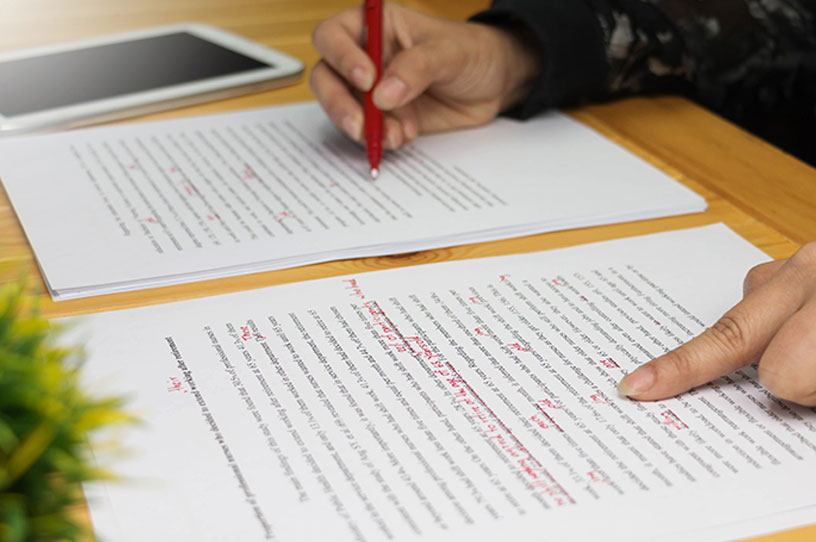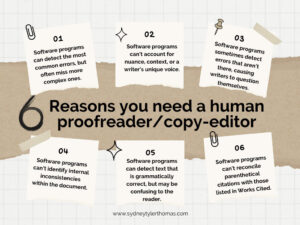Writing a book is a long, tedious and exhausting task. You spend days, weeks or maybe even months working hard on that project. Editing is the most important part of writing a book. I cannot stress that enough. Your manuscript has to be perfect, your language has to be crisp, your thought processes have to leap off the page and grip your reader. An editor’s job is to make sure that this happens.
Why is editing important? Before you try to publish your book, you want to make sure it’s absolutely ready. Your story should be a golden piece of work. Irreproachable in every way: plot progressions, story development purity, grammar, style etc.
Editing your manuscript is akin to painstaking surgery on the book. It keeps your writing in the form you had originally imagined. It might involve a lot of hard work, but it’s worth it!
An editor helps you to organize and make your writing clear and easy-to-read. They help make sure your ideas are presented in a logical order, which includes anything from making sure there are not too many or too few paragraphs, to checking grammar so that your text flows smoothly and has clarity.
You don’t have to be perfect to have your writing edited: editors help all kinds of people with their writing skills, including novelists and bloggers, students and businesspeople, lawyers and journalists.
Editing a book is not just about fixing a few typos. It’s about shaping, moulding, and perfecting a manuscript across the board – on tone and pace of reading, plot progression, characterisation, punctuation accuracy, grammar – everything must go under the microscope.
An editor doesn’t just correct errors; but reinforces the strength of your story too.
A professional editor will evaluate your text and make suggestions and improvements—along with changes to structure, phrasing, wording, punctuation, and continuity of storyline or argument.









